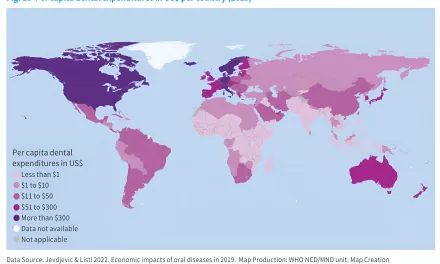New Delhi: Medical experts are hailing Cyberknife radiosurgery as a groundbreaking advancement in oncology, offering hope to patients grappling with complex conditions previously considered challenging to treat. The innovative non-invasive robotic radiosurgery system delivers targeted radiation to tumors with unprecedented precision, minimizing damage to surrounding healthy tissues and reducing the risks associated with conventional surgery.
Speaking at a recent event, Dr. Aditya Gupta, Director of Neurosurgery and Cyberknife at Artemis Hospital Gurugram, emphasized the transformative impact of Cyberknife radiosurgery on cancer treatment. “Cyberknife radiosurgery stands at the forefront of medical innovation, offering a beacon of hope for patients with conditions previously deemed challenging to treat,” he remarked. “By employing sophisticated robotics and real-time imaging, it delivers highly targeted radiation with pinpoint accuracy, sparing surrounding healthy tissues and minimizing side effects.”
Artemis Hospital Gurugram has made history by surpassing 1,500 Cyberknife Radio Surgeries, becoming the first hospital in India to achieve this milestone. This accomplishment underscores the growing recognition of Cyberknife technology as a game-changer in cancer care.
Despite its significant advantages, the utilization of Cyberknife technology, particularly in India, has been limited. Dr. Anita Malik, Radiation Oncologist at Fortis Noida, emphasized the transformative potential of Cyberknife technology in radiation treatment. “CyberKnife represents a transformative leap in radiation treatment, offering unparalleled precision, adaptability, and reduced invasiveness,” she stated.
Dr. Shyam Aggarwal, Chairman of the Department of Medical Oncology at Sir Ganga Ram Hospital, highlighted Cyberknife’s ability to target cancer cells exclusively, minimizing damage to surrounding healthy tissue. “Its role in cancer treatment includes treating tumors in various locations, especially those considered challenging or inaccessible by traditional surgery,” he explained.
One of the most noteworthy applications of Cyberknife technology has been in the treatment of metastatic cancers in the brain. Dr. Aditya Gupta emphasized its significance in providing focused radiation therapy to patients who might otherwise undergo whole brain radiation therapy (WBRT), which carries inherent risks and side effects.
“Cyberknife radiosurgery offers a promising alternative for treating repeated lesions, where WBRT may not be viable due to the risk of exceeding the brain’s tolerance for radiation,” Dr. Gupta elaborated.
The precision, adaptability, and reduced invasiveness of Cyberknife radiosurgery mark a significant leap forward in cancer treatment, offering renewed hope to patients and clinicians alike. As awareness of its benefits grows, Cyberknife technology is poised to revolutionize cancer care on a global scale, ushering in a new era of precision medicine in oncology.











